
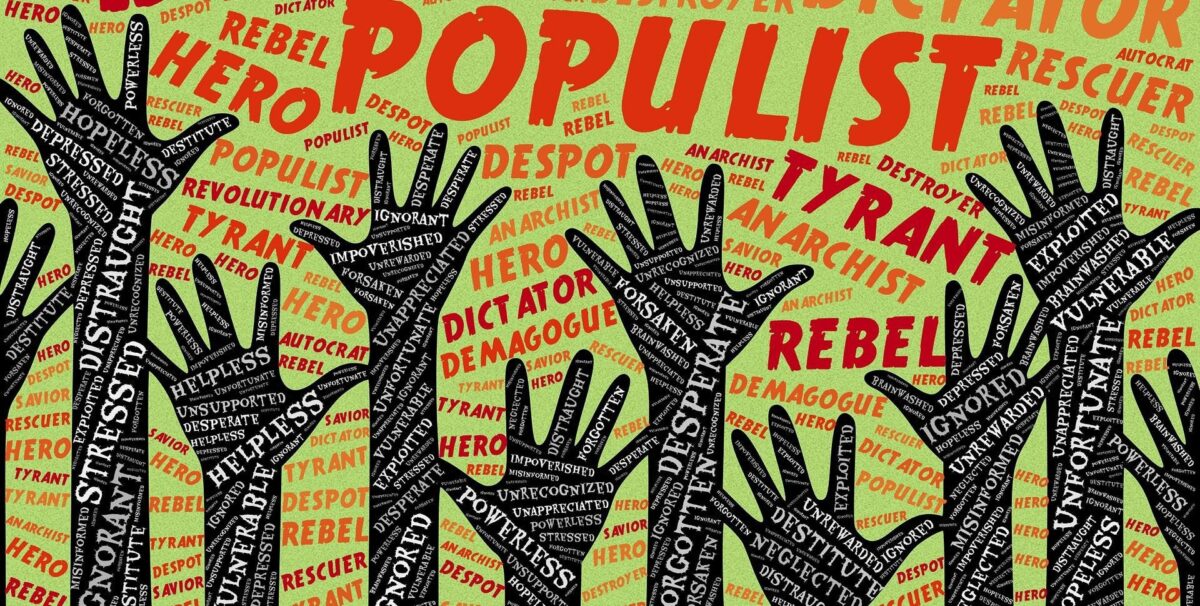
Kennedy-Trump: Did ‘Integral Populism’ Just Happen?
by W.D. James | Aug 25, 2024
In his The Great Awakening vs The Great Reset, Alexader Dugin maps a world-wide strategy to resist and defeat ‘The Great Reset,’ aka globalist neo-liberalism. Core to that strategy in Europe, he points to the need for the populist left and populist right to join in what he terms “integral populism.” “Its meaning and its message,” he writes, “should be a radical critique of liberalism and its highest stage, globalism, at the same time combining the demand for social justice [representing the left] and the preservation of traditional cultural identity [representing the right]” (Dugin 2021, 35).
Regardless of what we think of Dugin in particular, the idea that the populist left and the populist right might have enough in common to act together, creating a force genuinely capable of challenging the globalists’ hegemony is intriguing. In fact, such a union would go a long ways in genuinely moving us beyond the right-left dichotomy of modern politics. I’m not sure if that project is going well anywhere in Europe. It did not manifest itself in this year’s French elections where the left and right divided with the left essentially choosing to maintain Macron’s globalist aligned regime (not an actual goal of the left) in order to deny the right a potential victory. So, a vast majority of French people did not support Macron but he was able to work the left against the right to maintain power. That is the ‘norm’ much more broadly than just in France.
An integral populism may have been formed in the United States on August 23, with the effective withdrawal of Robert F. Kennedy, Jr, from the presidential race and him essentially throwing his support behind Donald Trump. In his address to the nation Kennedy insisted that he was only “suspending,” not “ending,” his campaign. He said there was actually a way in which he could gain office or serve as a power broker if he accumulates some Electoral College delegates and neither Trump nor Harris obtains an absolute majority. Hence, he is remaining on the ballot in the states where he had gained that access which are solidly either Democratic states or Republican states. However, he will be removing his name from the ballot in 10 battle-ground or swing states so as not to be a “spoiler” (by taking more votes from Trump than Harris and possibly costing Trump the win). This is the exact opposite strategy than that which played out in France. With this move, a candidate who started as a Democratic Party primary candidate and whose family legacy is extremely deeply tied to the Democratic Party just flipped to help defeat the party of neo-liberalism and globalism (that unfortunately does not mean that the Republican Party is consistently against those things nor does it guarantee how effective a Trump administration with Kennedy in it will want to be or can be- however, there has never been a serious contender for the Presidency with as much reason to be madder than hell at the establishment than Trump). At least part of the populist left budged and acted with vulnerability. I hope they are not betrayed.
However, he clearly indicated his preference for a Trump victory over Harris as aligning more with his own values and priorities. He also seemed to assume that he would hold a high-level health position within a future Trump administration, possibly as head of the Department of Health and Human Services. To what extent the details of that have been worked out in private conversations between he and Trump remains unclear but both have acknowledged such conversations and Kennedy seems to assume he will be able to carry out parts of his agenda under a Trump administration.
Beyond the personalities of Kennedy and Trump (both flawed for sure), what is the possible significance of this? In my mind, this is what actually really matters. Not so much the personalities of Trump or Kennedy or even what an administration including them both might do, but what a movement of populists not divided between left and right might be able to achieve.
The global resistance movement has strong populist tendencies and it draws in both left-populists and right-populists. What is ‘populism’? In The Populist Explosion: How the Great Recession Transformed American and European Politics, John B. Judis provides some useful insights. He insists (contra Dugin by the way) that populism “is not a political ideology, but a political logic…” (Judis 2016, 14). That is a significant insight. What is essential to populist politics is that political conflict is framed in terms of ‘the elite’ vs ‘the people.’ This entails a different logic than does a politics of ‘class conflict’ or any other way of framing political conflict. Also, it means populist movements can employ and integrate those from various ideological perspectives.
With populism, ‘the people’ can be defined in various ways, but they typically cross class-lines. I think this way of framing political conflict is central to most of the ‘resistance’ and ‘dissident’ political movements of the past decade and, hence, they should largely be thought of as populist.
Dugin argues that for a left-right populist alliance to be pulled off and to form a genuinely ‘integral’ populist movement, the left has to figure out how to get beyond thinking of and calling the right ‘fascists’ and the right has to get beyond thinking of and calling the left ‘communists.’ I suspect that is harder in Europe where there are actually more fascists, or political movements directly descended from fascist movements. and more avowed communists and socialists than there are in the States. Not that the Euro right is fascist and the Euro left are communists, but they each include those elements in not insignificant numbers.
In the US there are very few actual fascists. The only somewhat significant group I’m aware of who extol explicitly fascist elements is Patriot Front. There are white nationalists and racists on the right, but I think they form a relatively small portion of any populist right. The number of actual communists or socialist in the United States I think I might be able to count on my fingers, I’m sure if I include my toes I’d cover it. Most of those who call themselves ‘socialist’ no longer advocate the seizure of the means of production, etc…. So, while when some on the left look over to the right they see fascism (though not nearly as many as use the term as an intentional slur) and when some on the right look the other way they see socialism (again, more deployed as a smear than those who actually spot some), this is objectively less true than it is in Europe. Hence, the prospects of getting beyond this seem more possible.
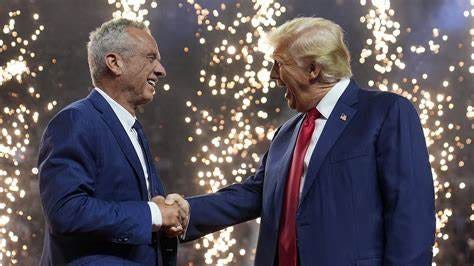
To what extent do the political calculations of the past day represent some real coming together of left-populist forces represented by Kennedy and right-populist forces represented by Trump? This was a huge question in my mind following Kennedy’s announcement. Then, later in the day, Kennedy spoke at a Trump rally. He was welcomed extremely warmly by both Trump himself and the audience. He articulated clear shared principles and goals and, I think, voiced support for more of Trumps points than he had previously. In the interim, Trump seems to have taken up some of Kennedy’s talking points, including on big agribusiness and big pharma. Though, the crowd did seem less warm as Kennedy was actually articulating some policy positions.
This is still very early. Who knows how this relationship will develop and, more importantly, how populists of various bents will be able to form a cohesive movement? Nevertheless, a thing bigger than Kennedy and Trump as individuals happened yesterday. Something that bodes well for the future of resistance and dissident politics if it can be held together, developed, and remain authentic to populist principles of defending the ‘the people,’ broadly conceived, from the ‘elites,’ as specifically defined as we can manage.
Dugin, Alexander. The Great Awakening vs The Great Reset. Arktos, 2021.
Judis, John B. The Populist Explosion: How the Great Recession Transformed American and European Politics, Columbia Global Reports, 2016.


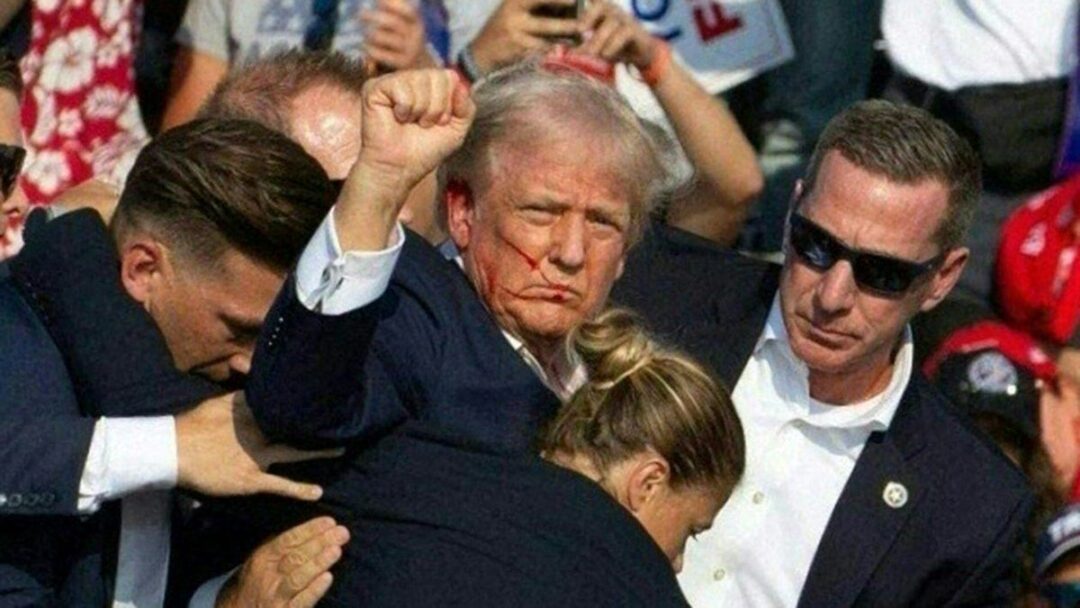
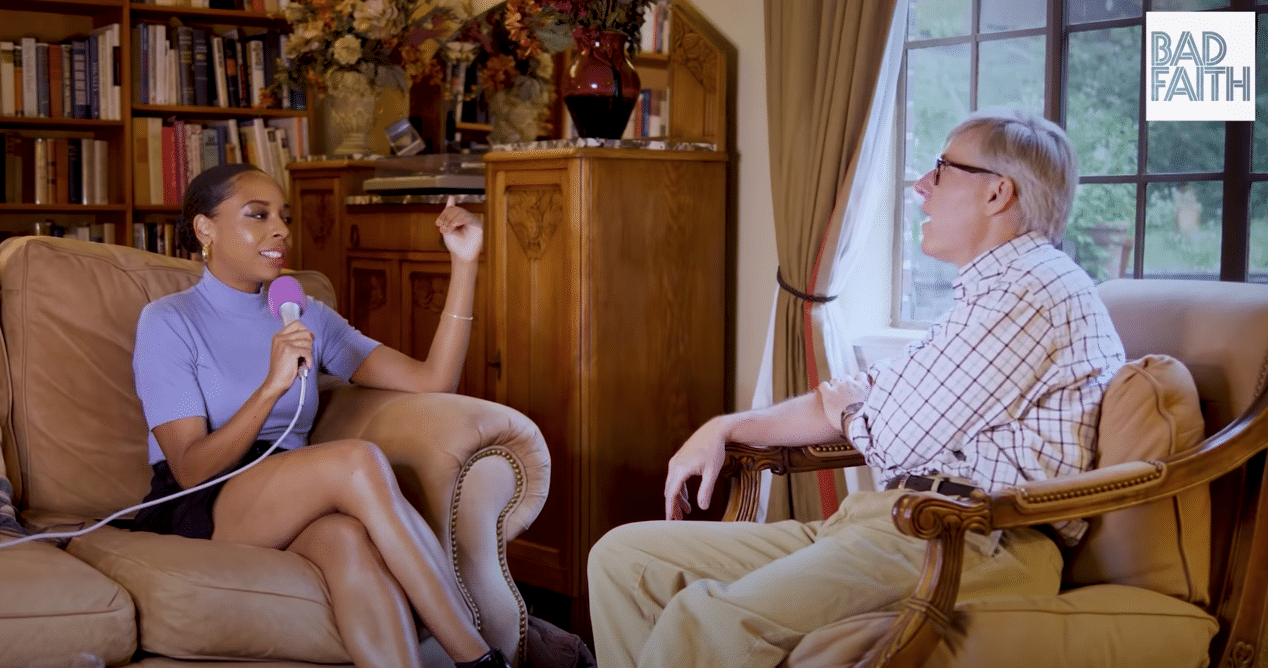
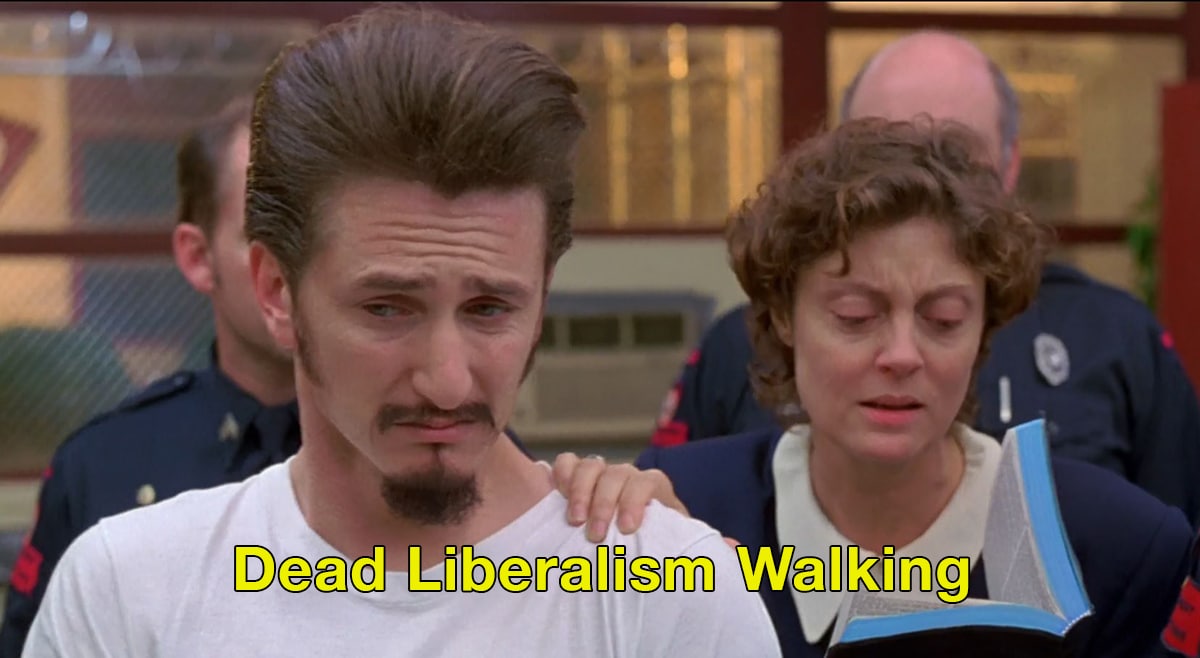
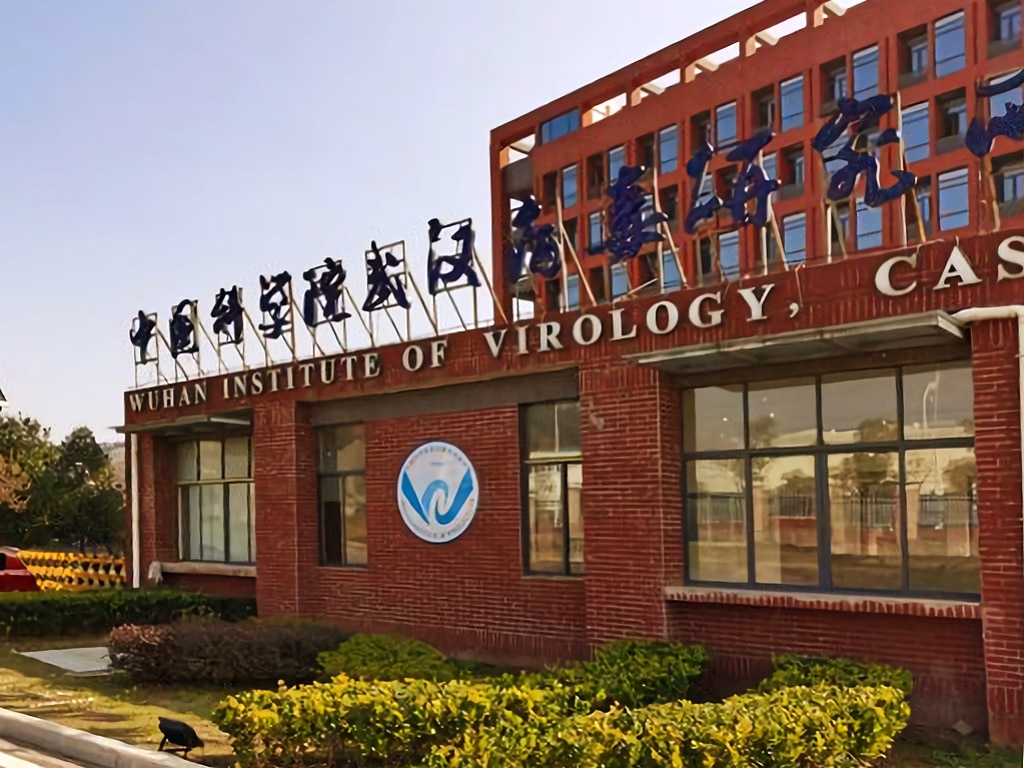
0 Comments